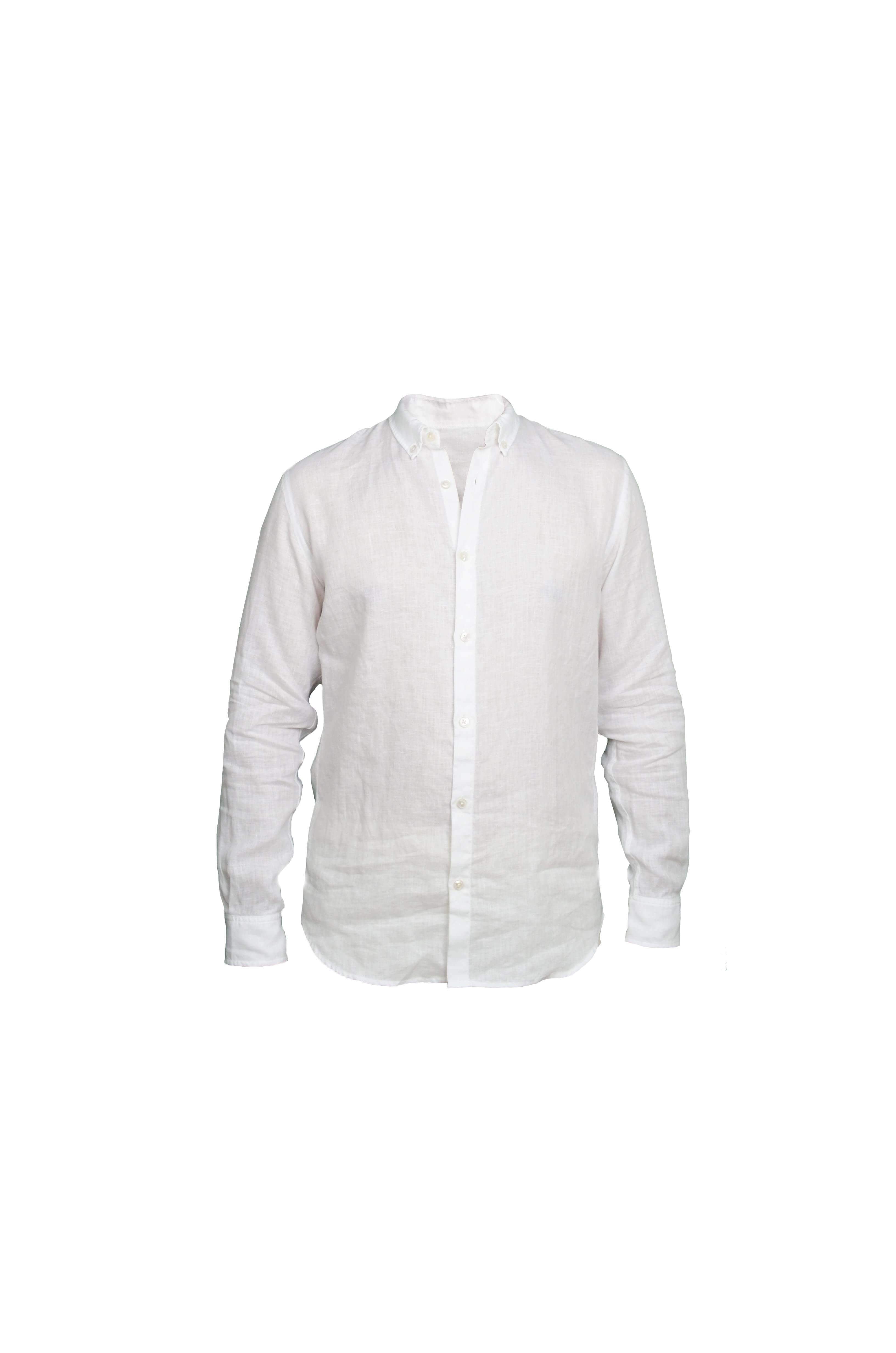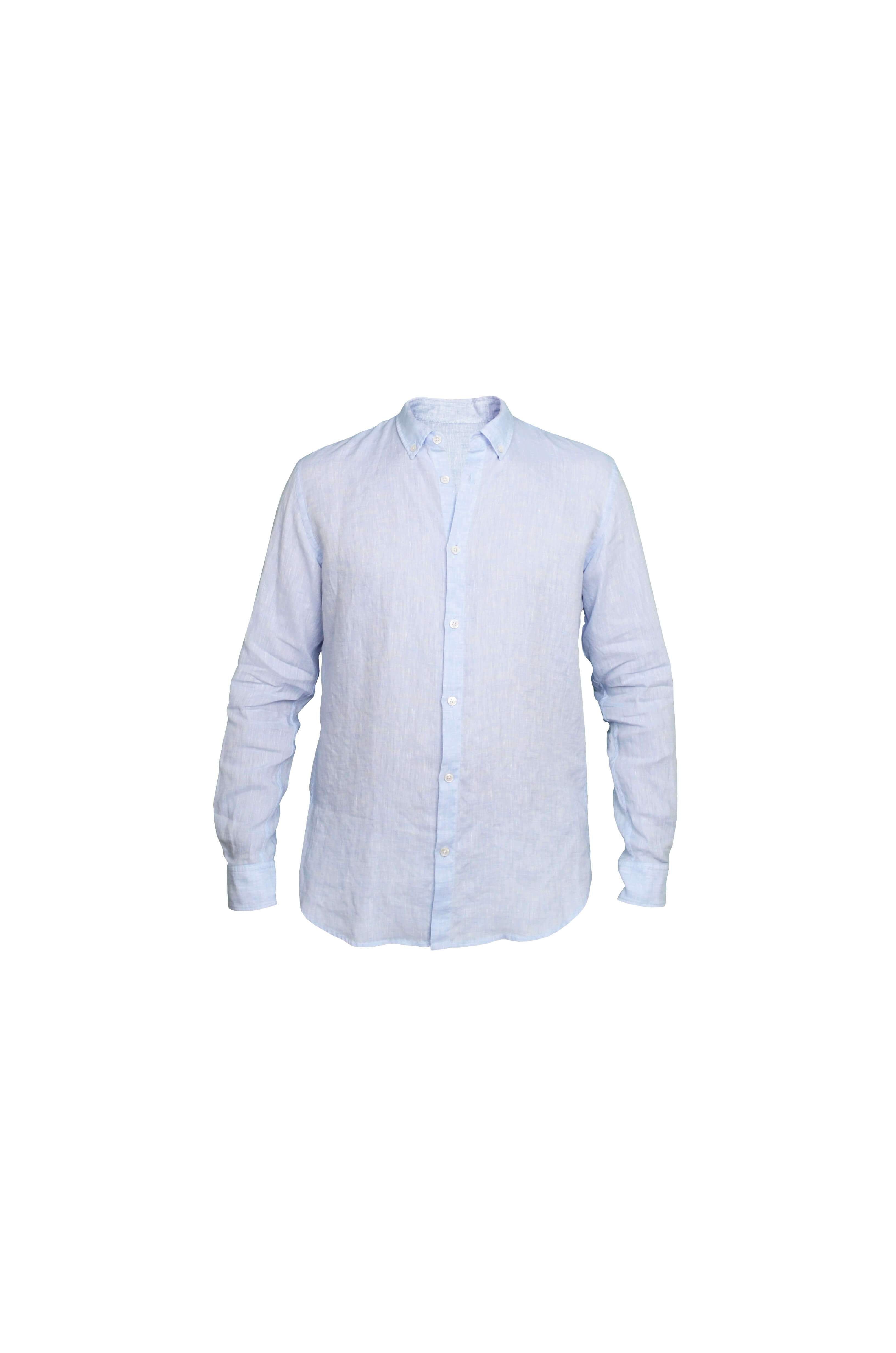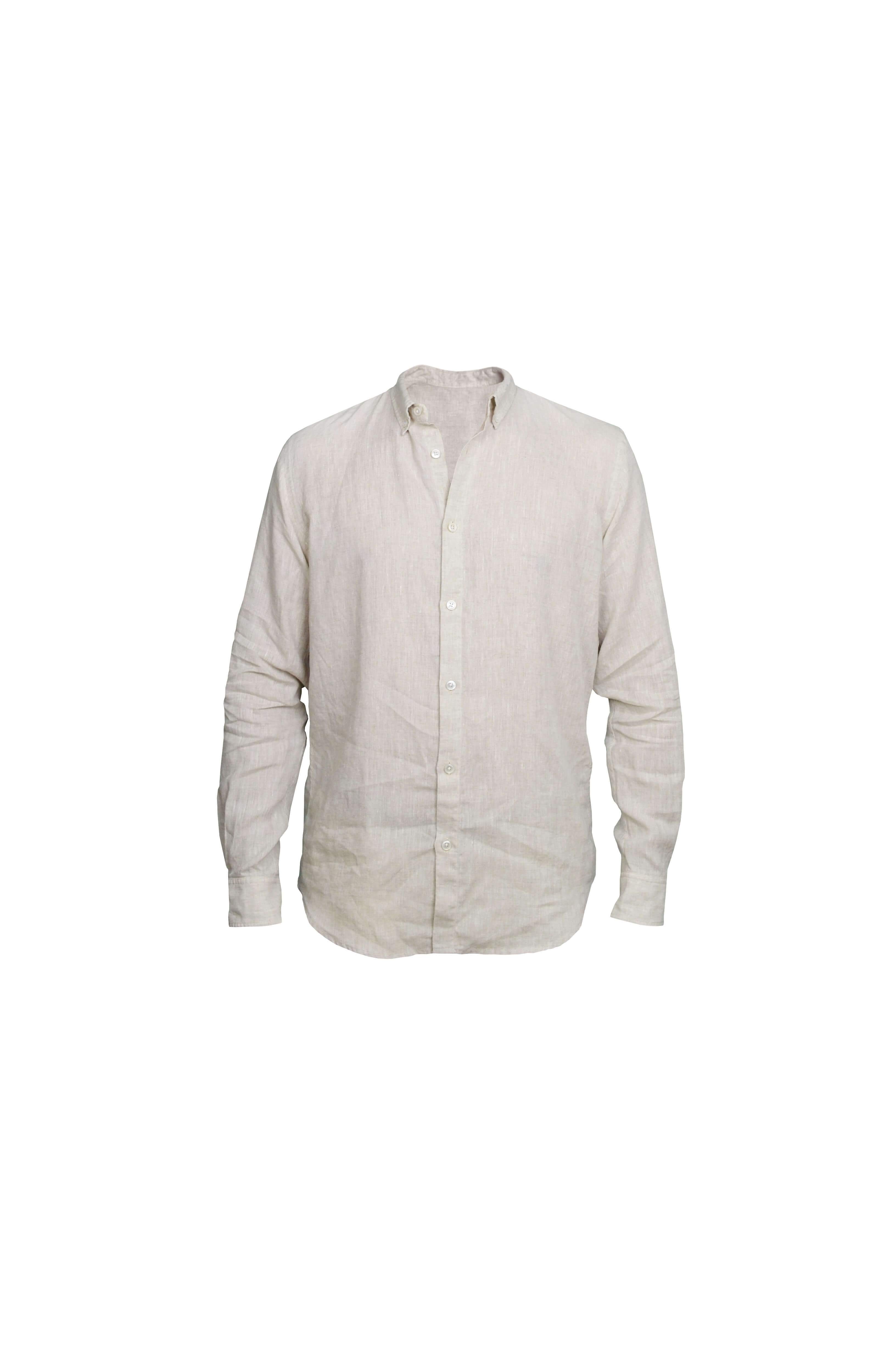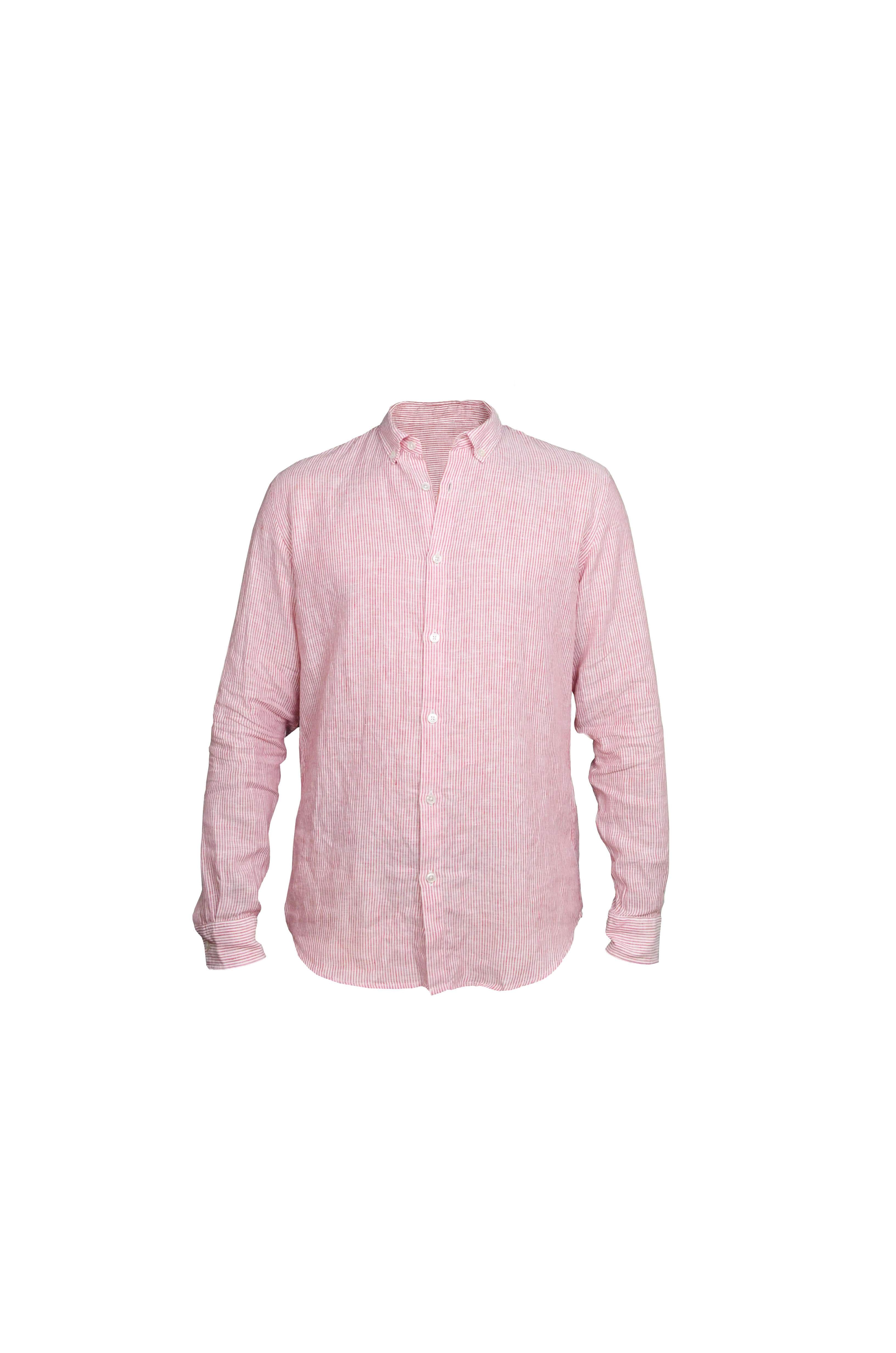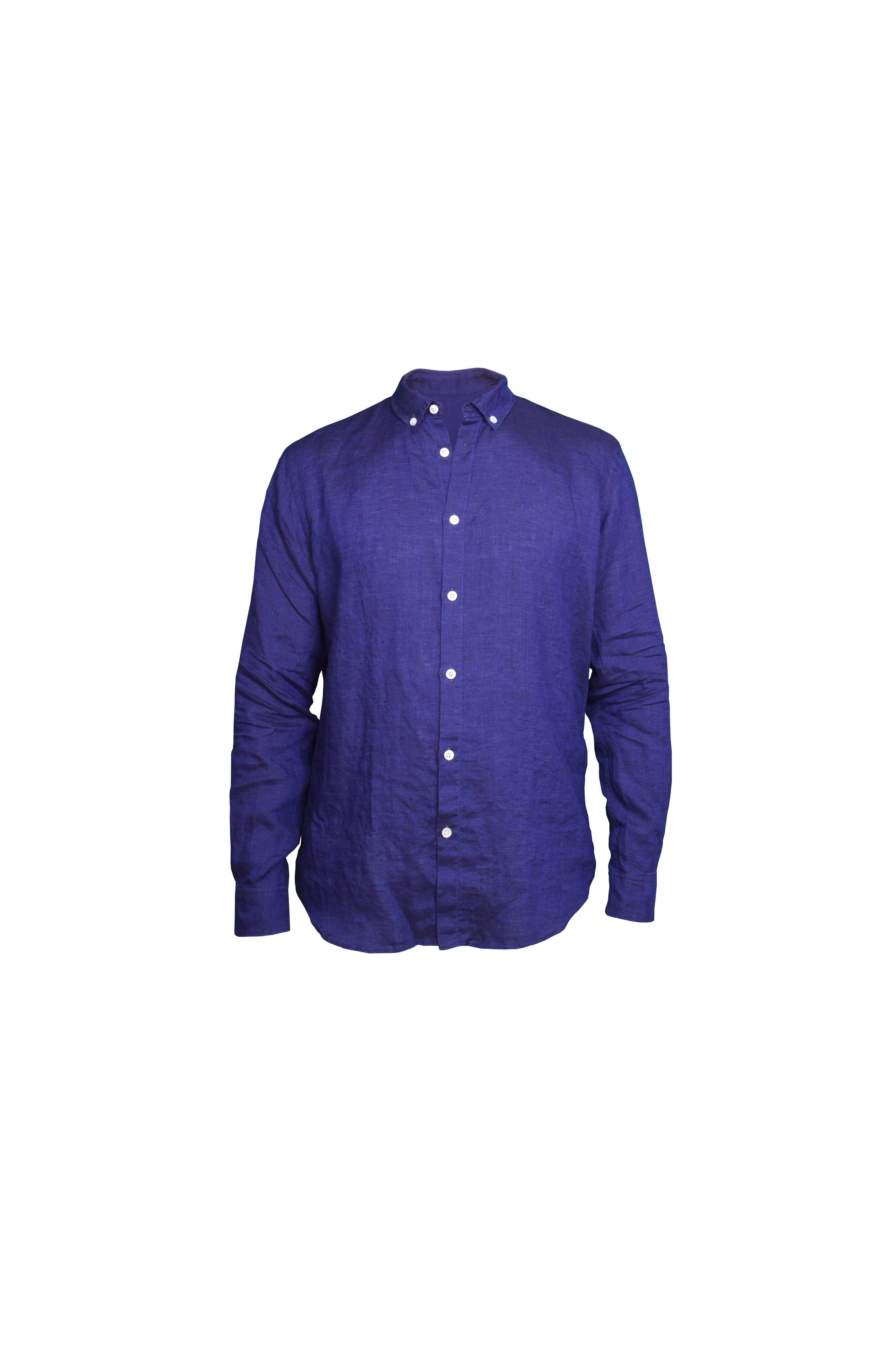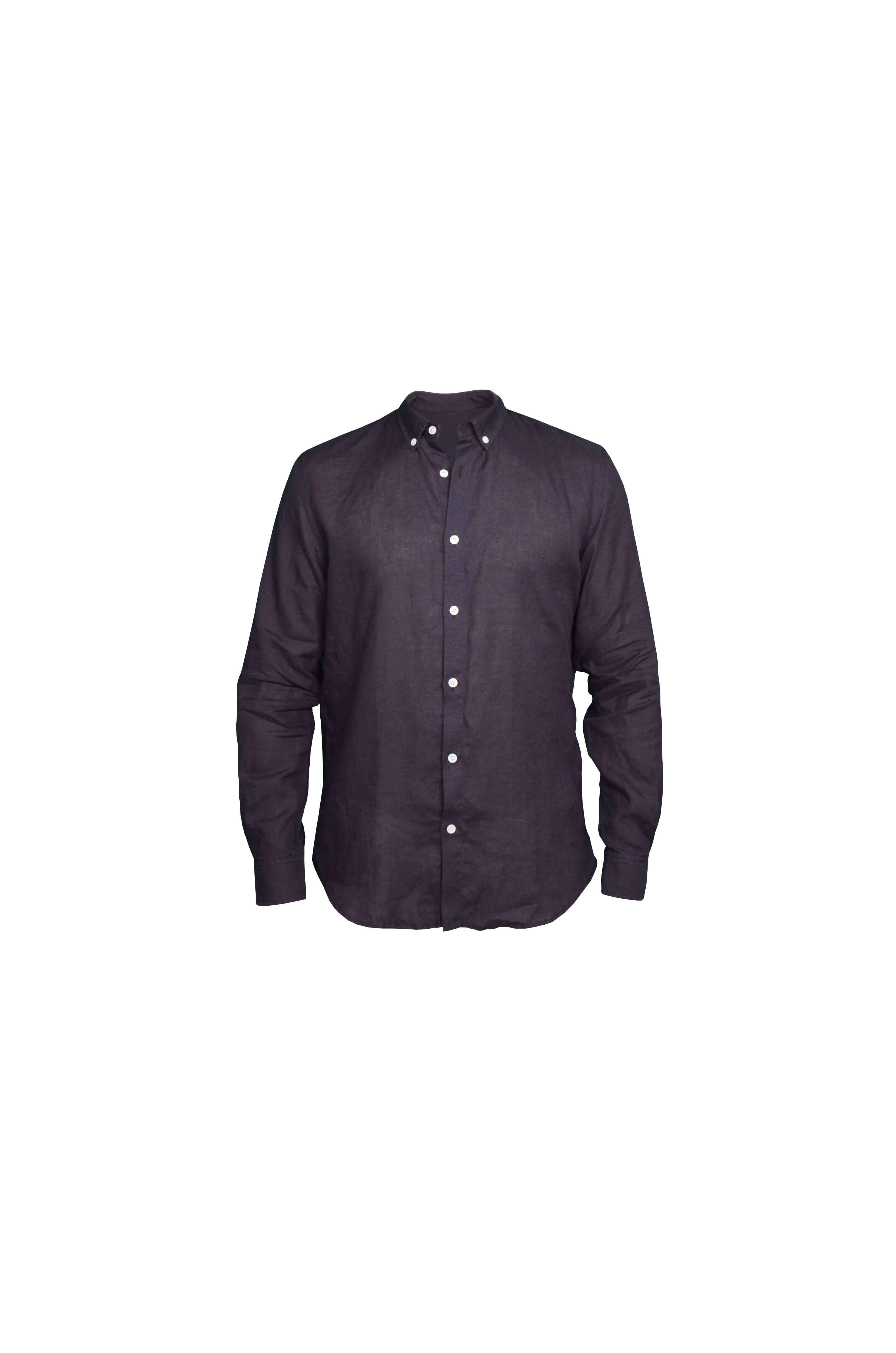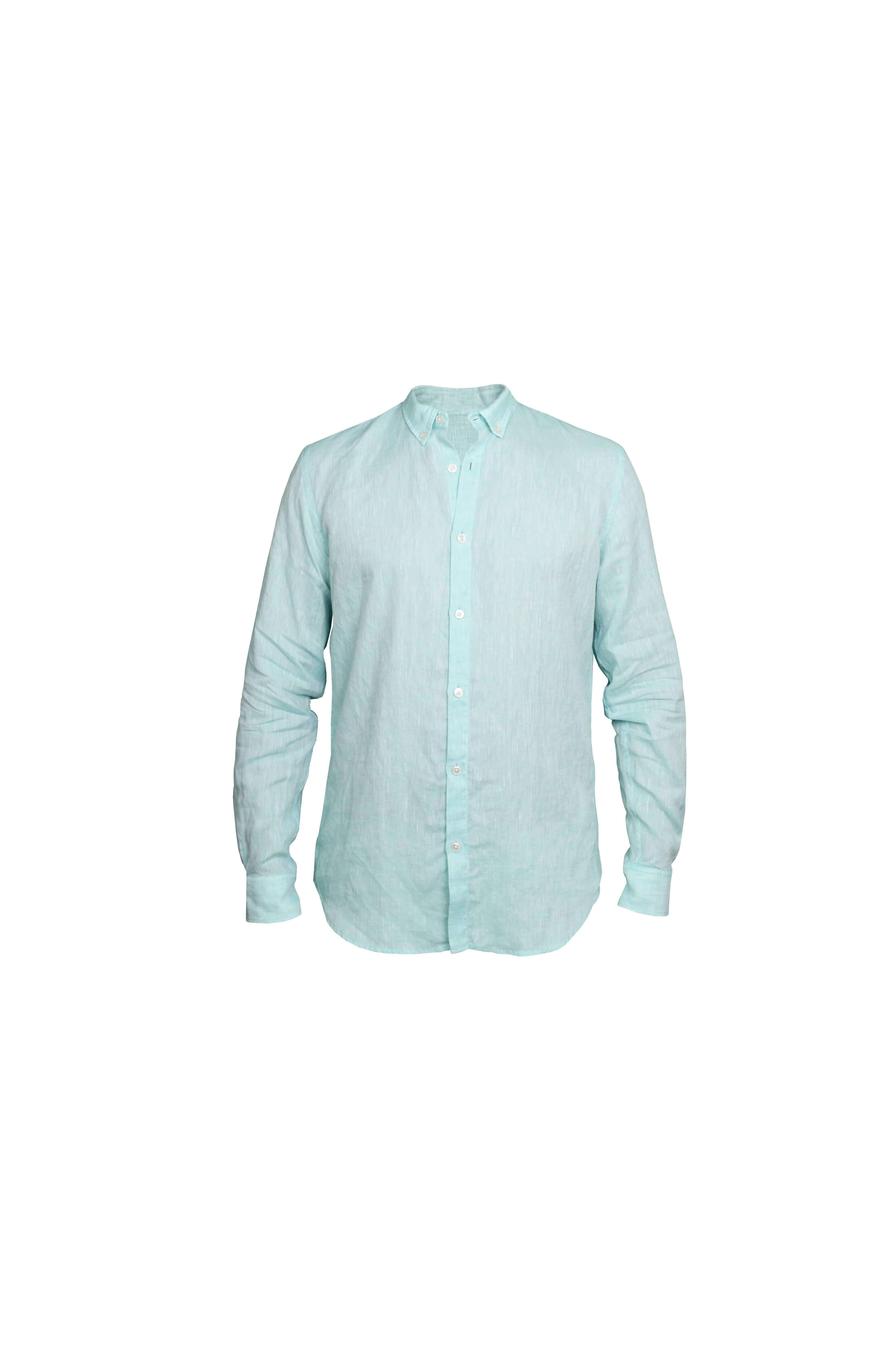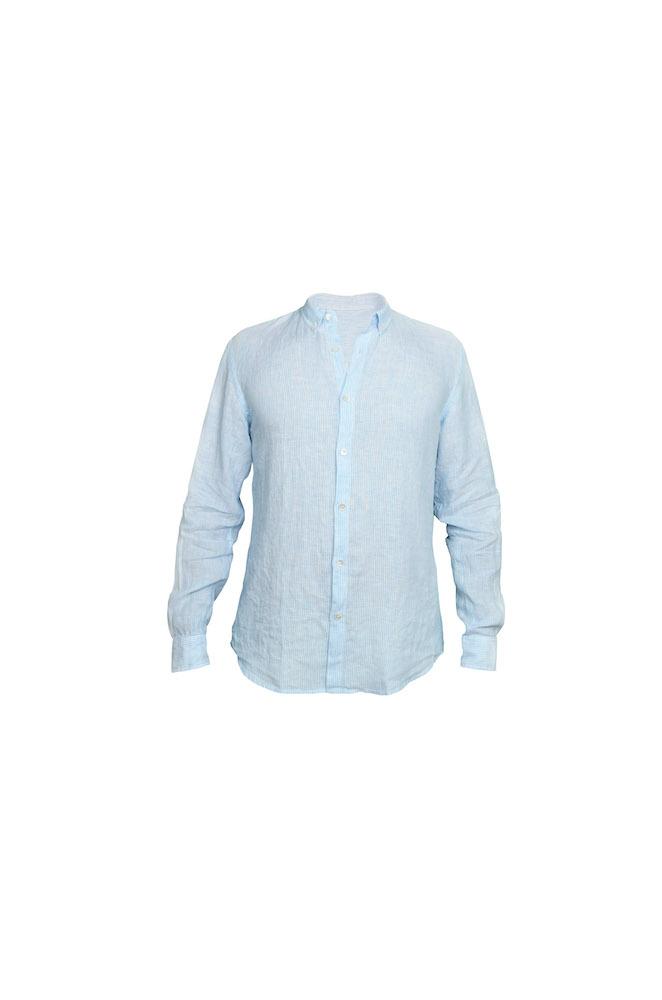Polyester vs Linen vs Cotton: What is healthier for the skin?
When it comes to skincare, we often invest in the finest creams, serums, and treatments to keep our skin glowing and healthy. But have you ever considered that the clothes you wear might be undermining all that effort? If you've been wondering, "Is polyester good for skin?", you're not alone. Let's dive into the fabric of your life and uncover why switching to linen could be the game-changer your skin has been waiting for.
The Hidden Truth About Polyester
Polyester is everywhere—in our shirts, dresses, activewear, and even bedding. It's durable, affordable, and wrinkle-resistant. But beneath its smooth exterior lies a host of skin-unfriendly characteristics:
-
Lack of Breathability: Polyester doesn't allow your skin to breathe. It traps heat and moisture, creating a sauna-like environment that's perfect for bacteria and fungi to thrive.
-
Skin Irritation: The synthetic fibers can cause itching, redness, and rashes. For those with sensitive skin or conditions like eczema, polyester can be a nightmare.
-
Chemical Exposure: The manufacturing process of polyester involves harsh chemicals like formaldehyde and antimony. Residual traces can linger in the fabric, potentially causing allergic reactions.
-
Moisture Retention: Polyester is hydrophobic—it repels water rather than absorbing it. This means sweat stays on your skin, leading to clogged pores and acne flare-ups.
-
Static Electricity: Ever noticed how polyester clothes cling to your body? Static electricity not only causes discomfort but also attracts dust and allergens that can irritate your skin.
Why Linen is the Skin-Friendly Alternative
Now that we've unveiled the not-so-pretty side of polyester, let's explore why linen is the superstar your skin deserves. Linen, a natural fiber derived from the flax plant, has been revered for its skin-friendly properties for thousands of years.
Even in ancient Egypt, linen was cherished for its purity and lightness, often referred to as "woven moonlight" and symbolized "light" and "purity." It was used in sacred practices like mummification to signify cleanliness and preservation. Modern science has validated many of these ancient beliefs, demonstrating that linen offers numerous benefits for skin health.
1. Breathability Beyond Compare
Linen fibers are woven in a way that allows air to flow freely. This natural breathability keeps you cool in the summer and cozy in the winter, reducing sweat and preventing bacterial growth.
2. Naturally Hypoallergenic
Linen is gentle on the skin and resistant to allergens. It's an excellent choice for people with sensitive skin, allergies, or dermatological conditions.
3. Moisture-Wicking Marvel
Unlike polyester, linen absorbs moisture and quickly releases it into the air. This keeps your skin dry and comfortable, minimizing the risk of irritation and breakouts.
4. Antimicrobial Properties
Linen naturally resists bacteria and fungi. This means fewer odors and a lower chance of skin infections, making it ideal for clothing and bedding.
5. Environmental Champion
Beyond skin health, linen is eco-friendly. It's biodegradable, requires less water and pesticides to produce, and leaves a smaller carbon footprint than synthetic fabrics.
Cotton vs. Linen: The Natural Fiber Face-Off
You might be thinking, "Isn't cotton good for the skin too?" Yes, cotton is a natural fiber and generally skin-friendly, but it has its drawbacks.
-
Moisture Retention: Cotton absorbs moisture but doesn't release it quickly. Damp fabric can cling to the skin, causing discomfort and promoting bacterial growth.
-
Chemical Dyes: Conventional cotton is often treated with synthetic dyes and chemicals that can irritate the skin.
-
Durability: Cotton fibers break down faster than linen, meaning your cotton garments might not last as long or maintain their skin-friendly properties over time.
The Verdict: While cotton is better than polyester, linen outshines both in terms of skin benefits and longevity.
The Power of Choosing Right
Your skin is a powerful barrier that protects you every day. Treating it kindly isn't just about what you apply topically but also what you put next to it. By choosing linen over polyester or even cotton, you're investing in:
-
Enhanced Comfort: Say goodbye to the itchiness and discomfort of synthetic fabrics and enjoy linen's natural air conditioning.
-
Improved Skin Health: Reduce the risk of irritation, allergies, and acne with this natural fibre.
-
Sustainable Living: Support environmentally friendly practices that benefit the planet.
But What If Linen Isn't an Option?
We get it—linen can be a bit of an investment. If you're looking for other skin-friendly fabrics, consider (and ideally look for the Oeko-Tex Standard 100):
-
Organic Cotton (Unbleached): (Mostly) free from harmful chemicals, it's gentler on the skin than conventional cotton.
-
Bamboo: Soft, breathable, and naturally antimicrobial, however during production it is often treated with harsh chemicals like sodium hydroxide and carbon disulfide.
-
Silk: Known for its smooth texture, silk is gentle on the skin and has natural resistance to dust mites and other allergens. It’s an ideal option for those with very sensitive skin or conditions like eczema.
-
Tencel (Lyocell): Made from wood pulp, Tencel is hypoallergenic, breathable, and soft, with natural antibacterial properties that help maintain skin health.
-
Modal: A type of rayon made from beech tree pulp, modal is smooth, soft, and breathable, making it less likely to irritate the skin.
-
Hemp: Hemp is a natural fiber that is breathable and resistant to mold and mildew, providing a skin-friendly option that is also environmentally sustainable.
-
Merino Wool: Unlike traditional wool, Merino wool is finer and softer, with natural antibacterial properties and breathability that help regulate skin temperature and moisture.
Take Action Today
Your journey to healthier skin doesn't stop at skincare products. It extends to every fabric that touches your skin. So next time you're shopping for clothes or bedding, remember the question that started it all: "Is polyester good for skin?" Now you know that while polyester might be kind to your wallet, it's not doing your skin any favors.
Make the switch to linen or other natural fibers and feel the difference. Your skin will thank you, and you'll be contributing to a more sustainable world.
Discover the Difference with Faros Linen
At Faros Linen, we're passionate about crafting high-quality linen garments that are as kind to your skin as they are to the environment. We believe in transparency, sustainability, and empowering you with choices that enhance your well-being without compromising on style.
Ready to transform your wardrobe and boost your skin's health? Explore our collection today and experience the timeless elegance and comfort of linen.
Your Skin Deserves the Best—Choose Wisely
Don't let your clothes be the weak link in your skincare routine. Embrace fabrics that support and protect your skin. After all, you wear them every day; they should feel like a second skin, not a constant irritant.
Join the Linen Revolution Today
Feel the difference. See the glow. Live the comfort.
Sources:
- "Non-occlusive knitted linen for atopic dermatitis," International Journal of Clothing Science and Technology (2017).
- "The influence of natural functional clothing on the skin," Textile Research Journal (2019).
- "Kebersihan Tempat Tidur Dan Sprei Sebagai Faktor Risiko Penyakit Kulit," Journal of Tropical Medicine (2020).
- "The Technological Process of Obtaining New Linen Dressings," Materials (2021).
- "The impact of medicinal plant extracts in linen clothing," Journal of Natural Fibers (2022).
- "Influence of Flavonoid Dyes on the Color and Protective Properties of Linen Fabrics," Journal of Natural Fibers (2022).
- "The antibacterial activity of flax fibers extracted using dew retting methods," Materials Science and Engineering (2021).


